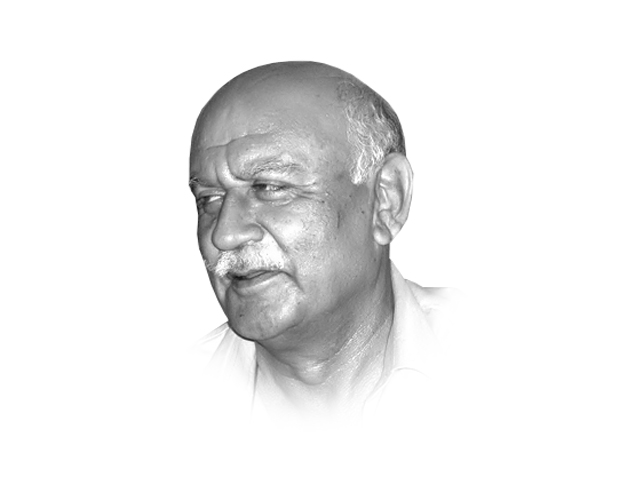
First, the very basics. If there is an insurgency, it is because all, or some of the nation’s citizens, have a complaint against the government. The complaint is invariably sociopolitical and/or economic.
Furthermore, the government has been unable or unwilling to redress the complaint(s) of these people when aired by peaceful, legal means, leaving them no option but to use force to make their grievances heard.
Despite the rationale, once people cross the line to violate the law, even if they are airing legitimate grievances, they have become insurgents and, consequently, enemies of the state.
From the foregoing explanation, it is obvious that if grievances are sociopolitical and or economical, so are the solutions to those complaints. It flows therefrom that the ultimate solution to an insurgency, counterinsurgency or COIN for short, is by political means i.e., a negotiated settlement and not the use of force.
But, that by no means implies that military operations are unnecessary, in fact, the opposite is the case. Once protestors become insurgents, their suppression by force becomes a necessity. It is important to remember that force can merely create favourable conditions for negotiations to succeed and redress grievances. Or, in other words, security forces can win the battles so that negotiations win the COIN war.
Perhaps, the best example of this is that of the Irish Republican Army (IRA). The Irish people had been fighting for their rights for centuries. But in the 1980s, the IRA finally began bombing the streets of London. On one occasion, it almost succeeded in targeting Margaret Thatcher, the British prime minister.
Unofficial but fairly authentic rumour has it that Thatcher ordered a small special counterterrorism unit created under a serving brigadier, who reported directly and only to Thatcher. Built round a nucleus of specially selected SAS personnel, it seduced disillusioned former IRA personnel to train them.
Over a number of years, members of this unit infiltrated the IRA, gained the confidence of some mid to mid-high level IRA leaders before beginning to target them, forcing the IRA to go underground. The moment this happened, Thatcher reached out to them to initiate talks.
Today, many of these leaders with huge bounties on their heads sit across the table with the British prime minister to negotiate the future of Ireland.
Whether these rumours are accurate or not, there are numerous lessons to be learnt. But an important aspect to be considered here is that the IRA infiltrators gained the confidence of IRA members. To do so, they obviously had to commit acts of terrorism against their own citizens.
The road to heaven is not always paved with high morality, to coin the phrase. But the beauty of this entire British operation lay in its timing. The IRA, subjected to the same terrorist threat that it posed to British citizens, was forced underground. And that is when Her Majesty’s government reached out with offers to negotiate.
Thatcher just gave them a taste of their own medicine. She was careful to neither subjugate the IRA nor humiliate it. That could have been self-defeating.
But the case in Pakistan is far from the same as that of the IRA; which is why our course cannot be chartered on this example.
While our tribal areas were also socio-politically and economically neglected, our tribal rebellion, which began the ongoing insurgency, was caused by the government trying to stop people of the tribal areas from fighting alongside the Afghans against US-led forces of invasion. In the case of the IRA, despite its acts of terrorism, as it represented the politico-socioeconomic aspirations of its people, its members enjoyed the willing support of a large segment of the Irish people. The Pakistani Taliban, however, do not represent the aspirations of their people. They operated through force and fear alone and if they were ever allowed to contest an election, they would not be able to win even a village election, if it were not rigged.
This is why there is no scope for negotiating with our insurgents. The IRA was seeking improved conditions for the Irish. Our insurgents have absolutely no interest in improving the lot of the people. In fact, better conditions, which make satisfied and loyal citizens is the last thing these insurgents want.
That is also the curse our security forces of today live under. All security forces draw wages round the year to protect the citizens of their country. In this war, to protect the hapless citizens, our security forces have been forced to target some of their own citizens, however misled they might be. As one who has worn his uniform with pride for many years and has had the misfortune of participating in military COIN operations, though nowhere near the intensity that soldiers of the current crop face, I sympathise with their predicament.
Published in The Express Tribune, August 25th, 2015.
Like Opinion & Editorial on Facebook, follow @ETOpEd on Twitter to receive all updates on all our daily pieces.












COMMENTS (2)
Comments are moderated and generally will be posted if they are on-topic and not abusive.
For more information, please see our Comments FAQ